For the past few years, women have been revealing the true face of this very special period that is the postpartum. As rich and complex as pregnancy (with baby at the center of all the attention), the postpartum is rightly often called the fourth trimester and, yes, we can prepare ourselves to live it more peacefully or at least consciously. Let’s take a deep breath and start reading!
Etymologically, post means « after » and partum means « delivery ». Well, okay. If it’s post-delivery, it’s over, right? No, it’s only just the beggining. First of all, you have to keep in mind that each woman will experience this period differently depending on the pregnancy she had, the birth she had and especially how she will be supported and accompanied in her new role as a mother and in a body that has just given birth and that she has difficulty recognizing. We therefore focus here on the physical aspects.
In the immediate postpartum period of the first few days (and weeks after), you will still have a belly, certainly not the same as when you were pregnant but an in-between. You’ll be happy to keep your maternity clothes on for a while longer.
The lochia, the bloody discharge that can last several days to a few weeks depending on the woman and that empties and « cleans » the uterus after the placenta is delivered, will make you happy to wear oversized sanitary napkins and the famous panties-net of course! At this point, even your favorite comfortable Sunday panties will feel like a thong… as you can see, we’re going for COMFORT and convenience. You will tend to lose a little more blood all at once when you change position or when the midwife presses gently on your belly to see if there are any clots and to make sure that the uterus gradually returns to its original size and place. This bloody discharge should not smell bad, which would be a precursor to a possible infection or other symptoms (fever, persistent pain, etc.).
If you are having a vaginal delivery, your genitals will probably be a little sore and swollen, you have just passed a little human being through them! Of course, special care and attention is required if you have had a tear or episiotomy and stitches were needed. If you are having a cesarean delivery, the post-operative period can be painful, and you will be given something to ease the pain. You will need more help to hold your baby for the first few days, to take care of him or her and in general the body recovers much more slowly than a vaginal delivery and this is quite normal and understandable. Some women experience it well and for others it is more difficult. Here again, good preparation during the pregnancy is important in the case of a cesarean section in order to live it to the fullest. The scar will be monitored in addition to all the other controls of the uterus and lochia as for a vaginal delivery.
Get out the horns and drums because here comes the terminology of war… the trenches! These are contractions that occur especially when the baby is at the breast. Indeed, oxytocin (love hormone and also of the childbirth) will be secreted at the time of the feeding. The uterus will contract in order to quickly and optimally regain its size and position. This will also help to reduce and then stop the bleeding. So, it’s a very barbaric word to describe a natural and beautiful phenomenon of the human body, isn’t it? Make yourself comfortable to breastfeed and don’t forget to breathe slowly and deeply. It only lasts for the first few days.
From the end of pregnancy and after delivery, the breasts will produce colostrum which is the very first milk your baby will be able to benefit from. More yellow and thicker than « mature » milk, this « liquid gold » is a superfood, a bomb of antibodies, vitamins, proteins and minerals for your baby. The milky rise arrives more or less around the 3rd day, depending on the woman. The breasts will swell, will be tense and it can be quite impressive (the face) of my husband the 1st time haha! For women who are breastfeeding, the beginning can be a bit confusing and not very pleasant. It’s a real learning process for both mom and baby that requires calm, patience and support. You can find here the article we dedicated to breastfeeding. The return of diapers, that is to say the return of menstruation, will depend once again on each one and these can be delayed as long as breastfeeding lasts for example. Even so, you will be fertile again very soon after giving birth and it is better to know yourself well and be aware of your contraception, whatever it may be.
We have seen the first immediate signs after birth, but the postpartum is much more than that. In most non-Western countries, the first 40 days of the baby’s life are extremely important and rewarding for the mother who has just been born too. During this « golden month », the young mother is only allowed to rest, eat well, get to know and care for her baby. Unfortunately, this is not the case in our society where everything has to go fast, where the woman has to get back into her pre-pregnancy jeans (as soon as possible), to be just as efficient at work (as soon as possible), to resume a sexuality « as before » (as exciting as possible). Not to mention the overflowing mental load of the 21st century woman and its numerous drifts. whatever if the housework isn’t done (by you)! Women may feel like they haven’t done anything all day when they may not have had time to take a shower or eat anything. Well yes, these mothers spent the day caring for their babies and surviving, providing love, food, care and security. And all this is not nothing, it is VITAL. Everything else is secondary. And without transition, we cannot talk about postpartum without mentioning what happens emotionally and psychologically. Having a baby with you is a total upheaval with its moments of extreme happiness and wonder and its moments of loneliness, anxiety and sadness. Many women experience baby blues, which is a physiological consequence of the very rapid change in hormones in the postpartum period. Women will be very sensitive and emotional, anxious or irritable. This usually lasts for a week and passes without any outside professional intervention. If it continues over time and gradually takes too much space, we will talk about postpartum depression requiring a follow-up/psychological support to prevent it from resurfacing regularly. Postpartum psychosis is a very serious illness that requires hospitalization, with confused and incoherent speech and gestures. It is a vital emergency for both the mother and the baby. There are also cases of post-traumatic stress disorder directly linked to the birth process which can influence the bond of attachment to the baby and which also requires appropriate care.
It is important to remember at this point that the very context of pre-pregnancy is to be taken into consideration, that each story is different and that each woman has her own experience and baggage. For a smooth transition from life in the womb to life outside, mom, baby and co-parent need to create their own bubble, in a quiet, uninterrupted environment while mom can have a moment of rest. Even if you really want all the people you love to discover the little wonder, and all want to hold her in their arms. The people around you should not be invasive, nor should they take over the baby, but should respect the needs and desires of the child and its mother and the home visit schedules imposed by the new parents. The environment must be supportive. No need to come with 15 cuddly toys but ask them to come with a hot dish or one to freeze! To make the coffee themselves or to watch your baby while you take a shower. To do the housework or fold the laundry while you take a nap with your baby. Little things that are so simple to do and that will contribute greatly to making this unique time a beautiful experience. Don’t compare yourself, don’t judge yourself. Take this short time to recover, to discover your baby, respect yourself and make love when you feel like it. Start a soft activity 6 to 8 weeks after the birth and only after having done the perineum re-education and this even if you had a caesarean. Accept your emotions, leave room for them, communicate with the co-parent who is also experiencing an upheaval, don’t hesitate to talk about it with your midwife, to call a doula (even if you didn’t have one during the pregnancy). It is never too late.
More and more women are becoming aware of this intense period. As a true fourth trimester of motherhood, mothers-to-be and their spouses really benefit from learning about the physical aspects of the postpartum period, fatigue, emotions, sexuality and couple relationships, but also about the place of those around them so that parents can assert their choices and get help according to their needs at the time. Yes, there will be moments that are more difficult than others and that is totally OK. Take the time, slow down to forget yourself but to welcome the physical and emotional transformation, observe and discover. The birth of a mother, nowadays so trivialized, develops in the woman a new creativity, an affirmation of oneself and contributes neither more nor less to spread the unconditional Love of future generations.
Lectures
- Julia Simon, Bien vivre le quatrième trimestre au naturel, Editions First, 2019
- Julia Simon, Les recettes du quatrième trimestre au naturel, Editions First, 2021
- Céline Chadelat, Marie Mahé-Poulin, Le Mois d’Or. Bien vivre le premier mois après l’accouchement, Presses du Châtelet, 2019.

Rebeca Foëx-Castilla
Mother of Ethan, Amos et Numa
Doula in training & Perinatal loss support
Instagram @rebeca_doula
Read her MotherStory


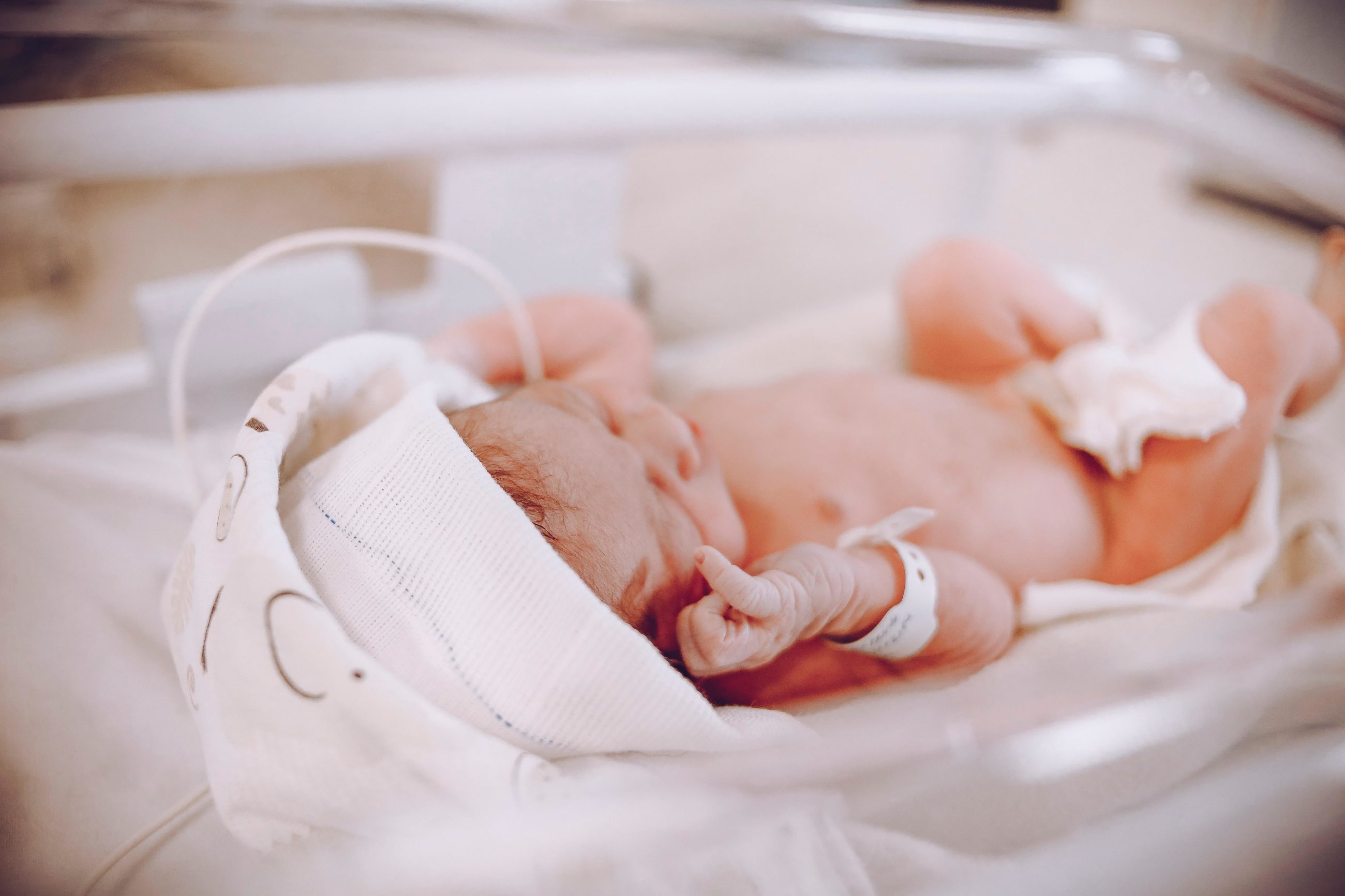
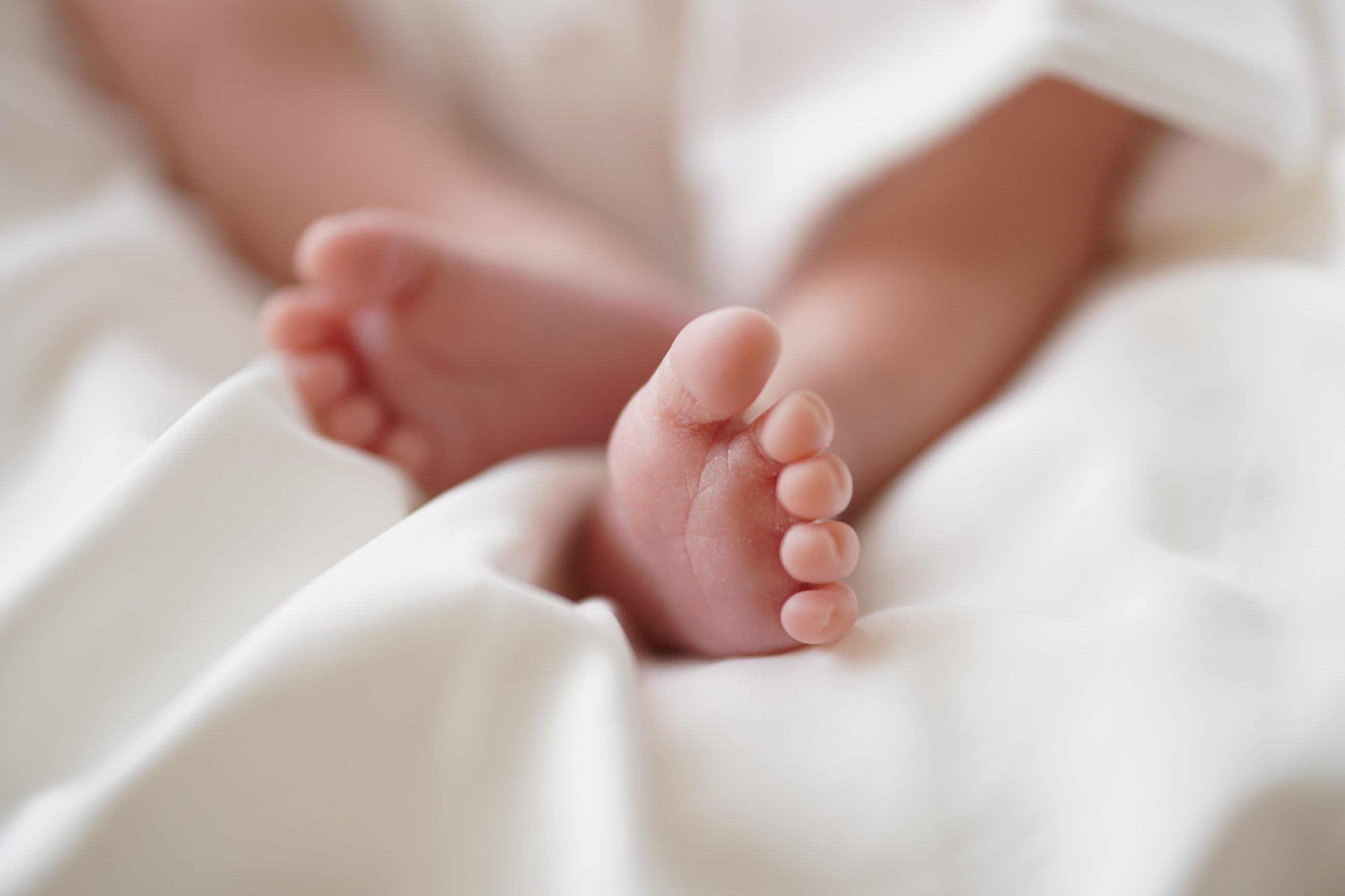
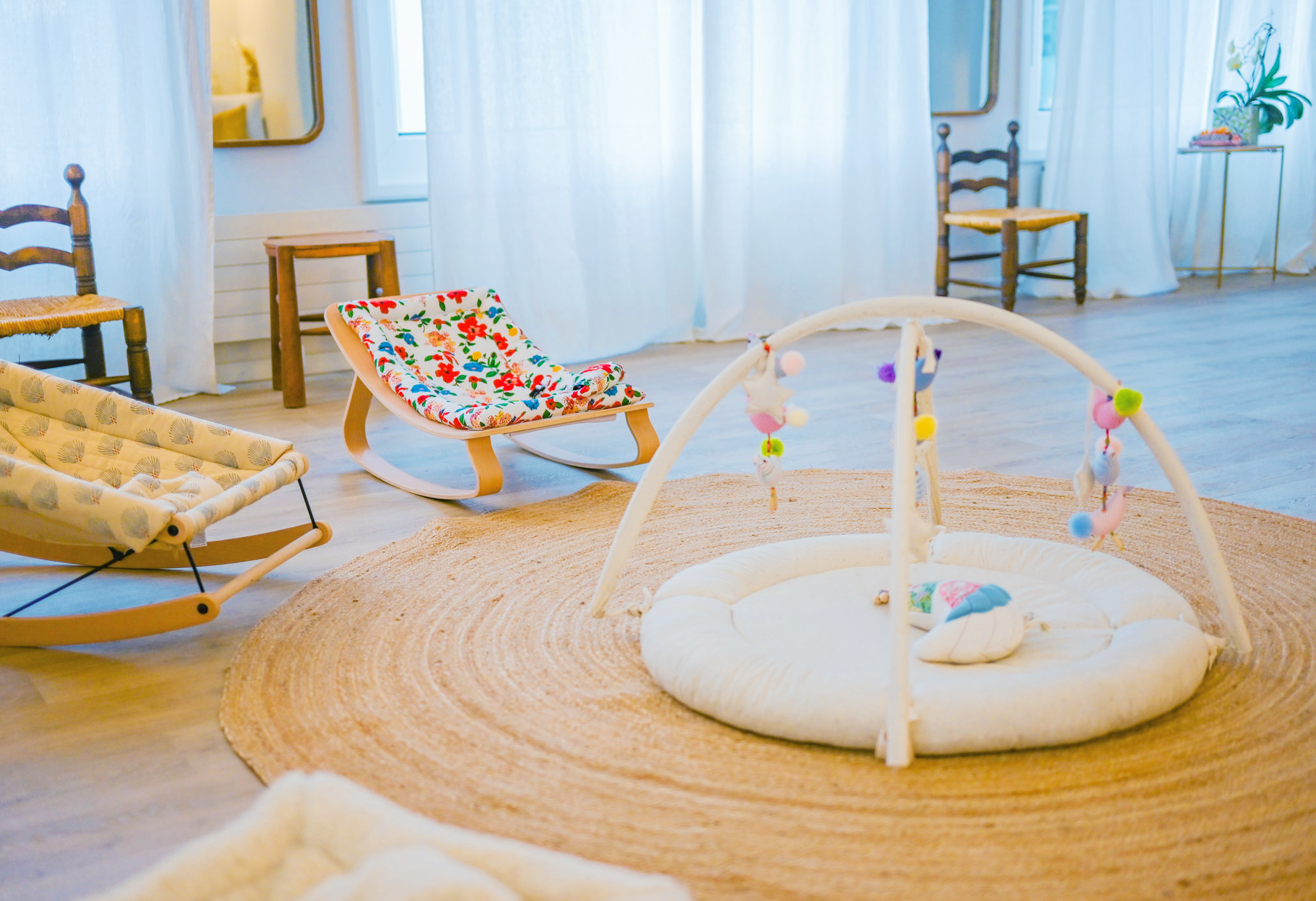


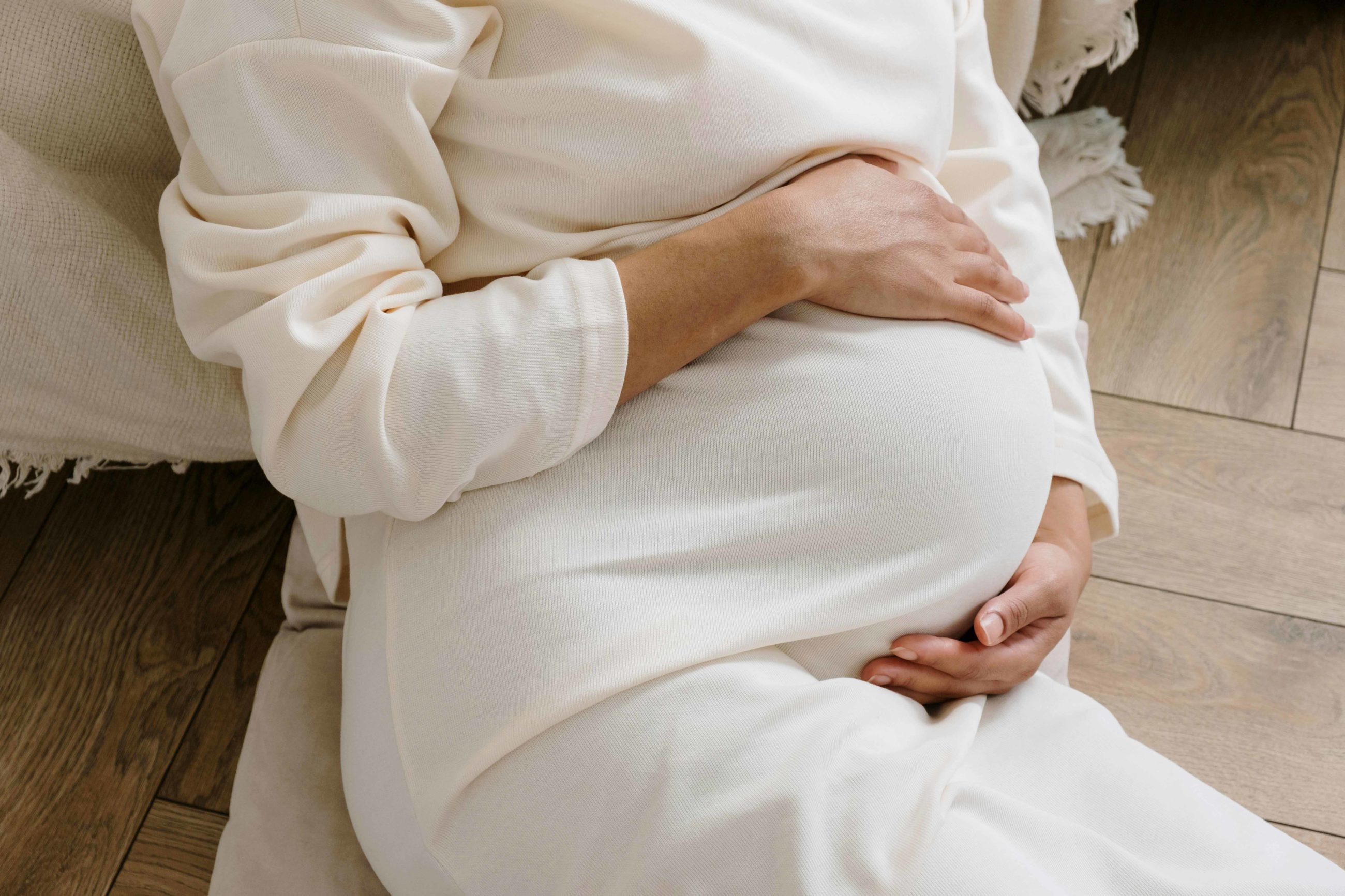


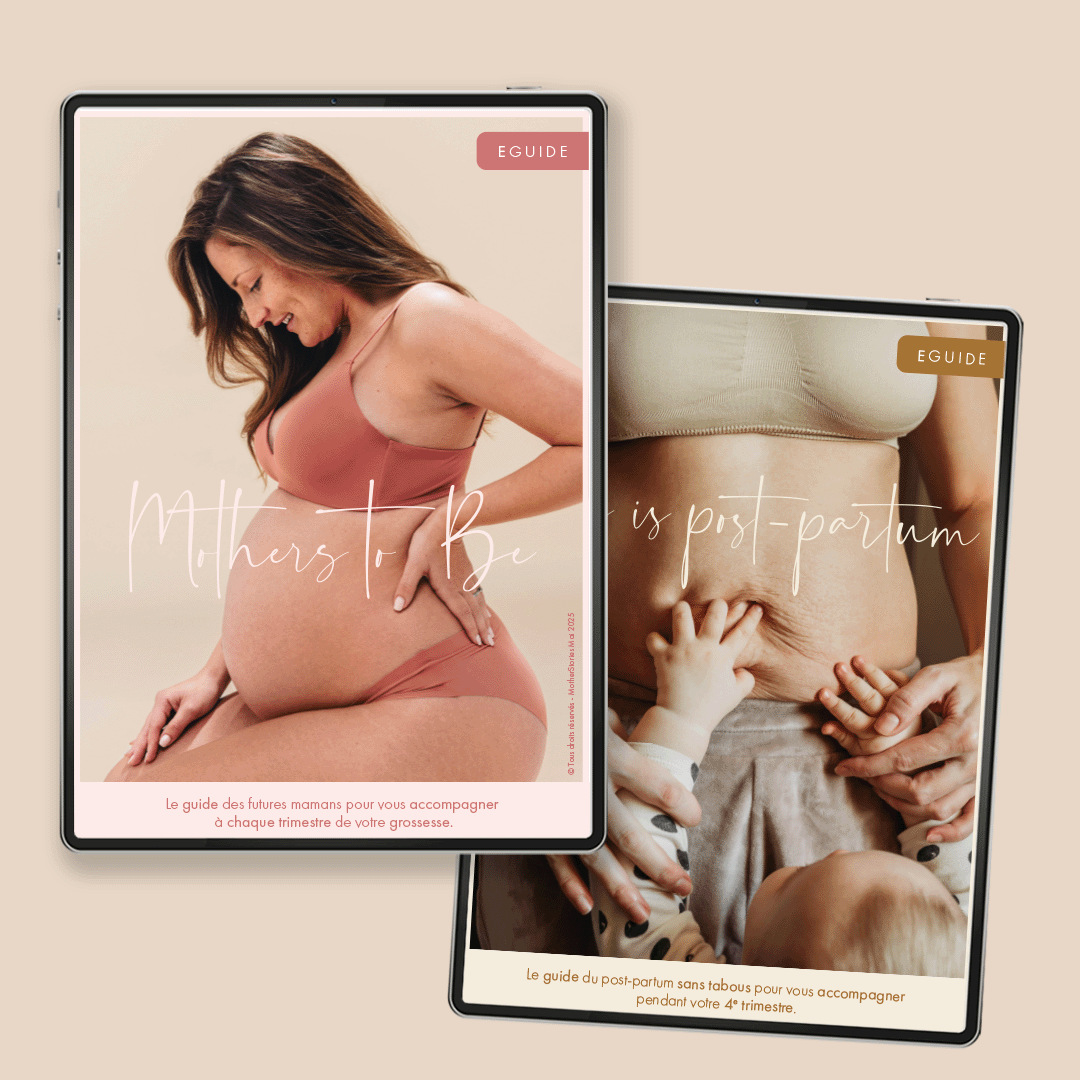


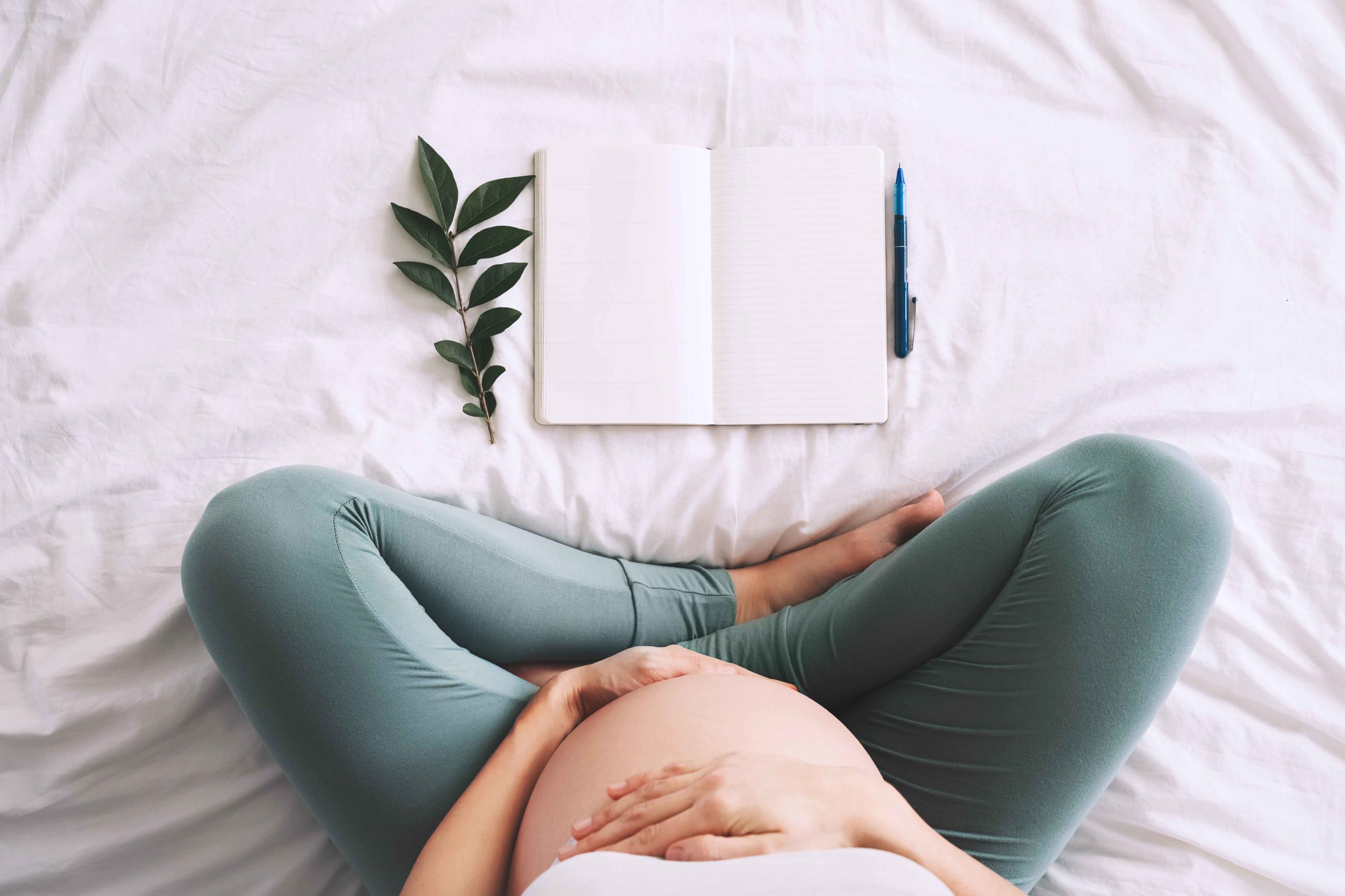
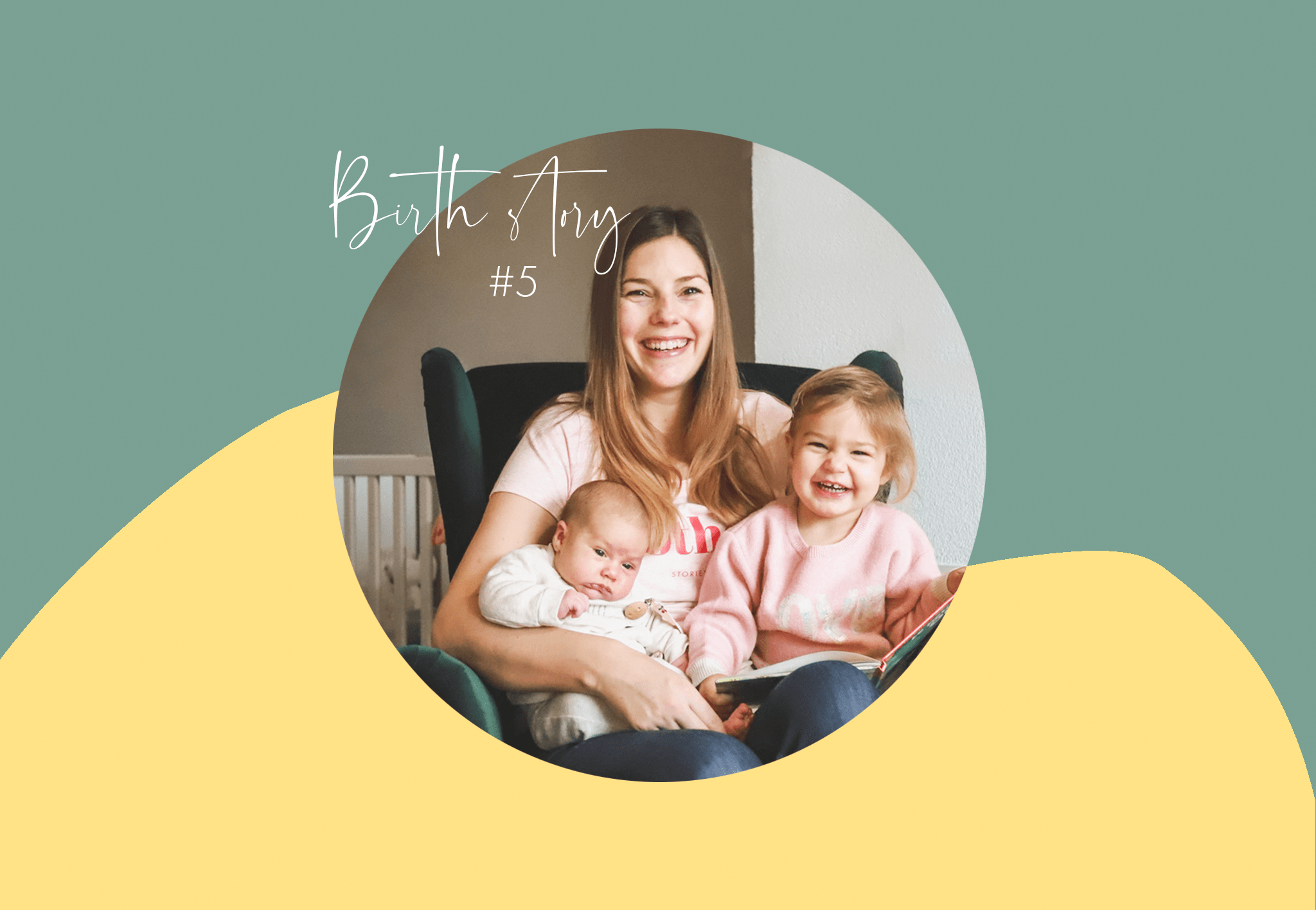
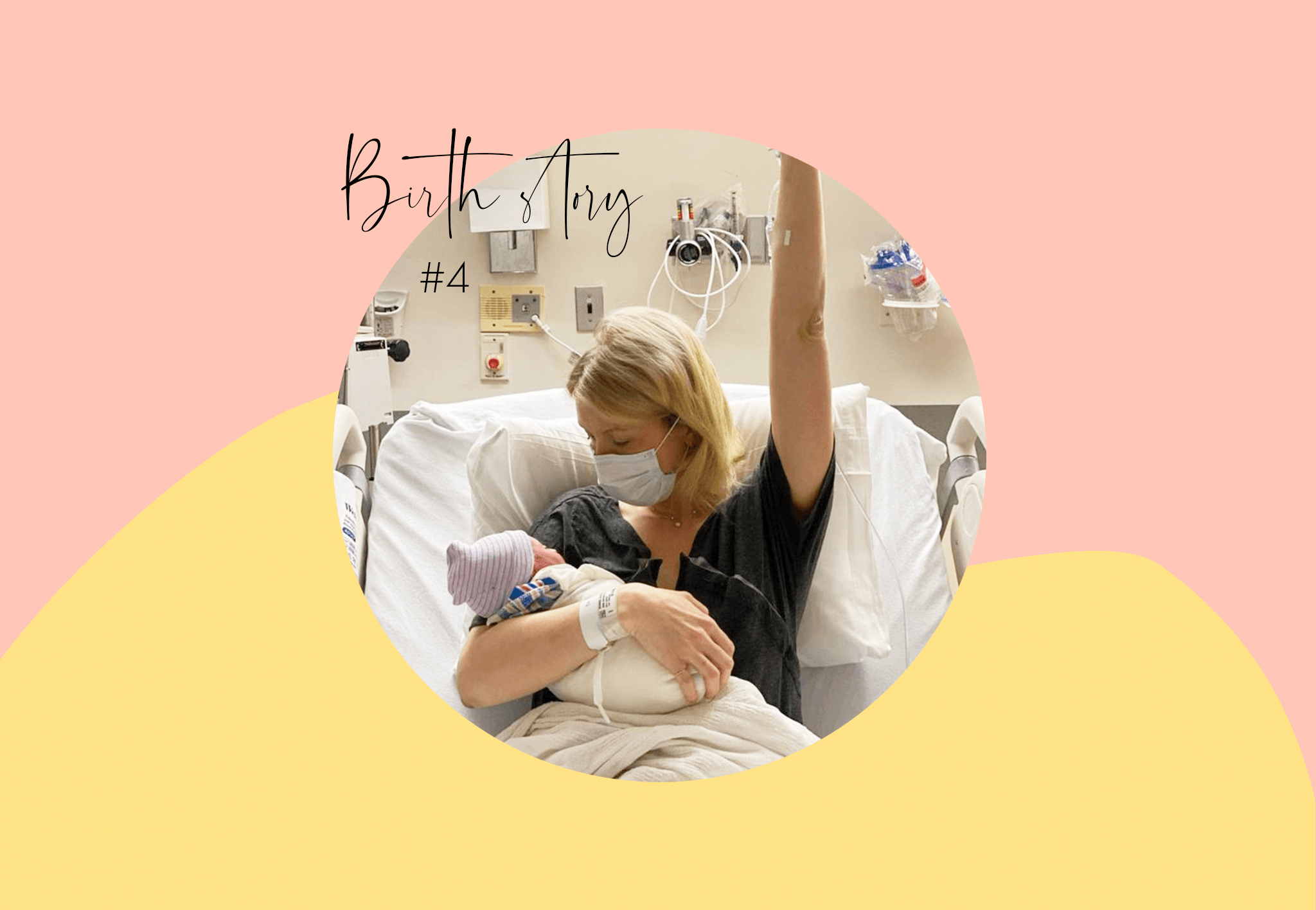




Partager cet article